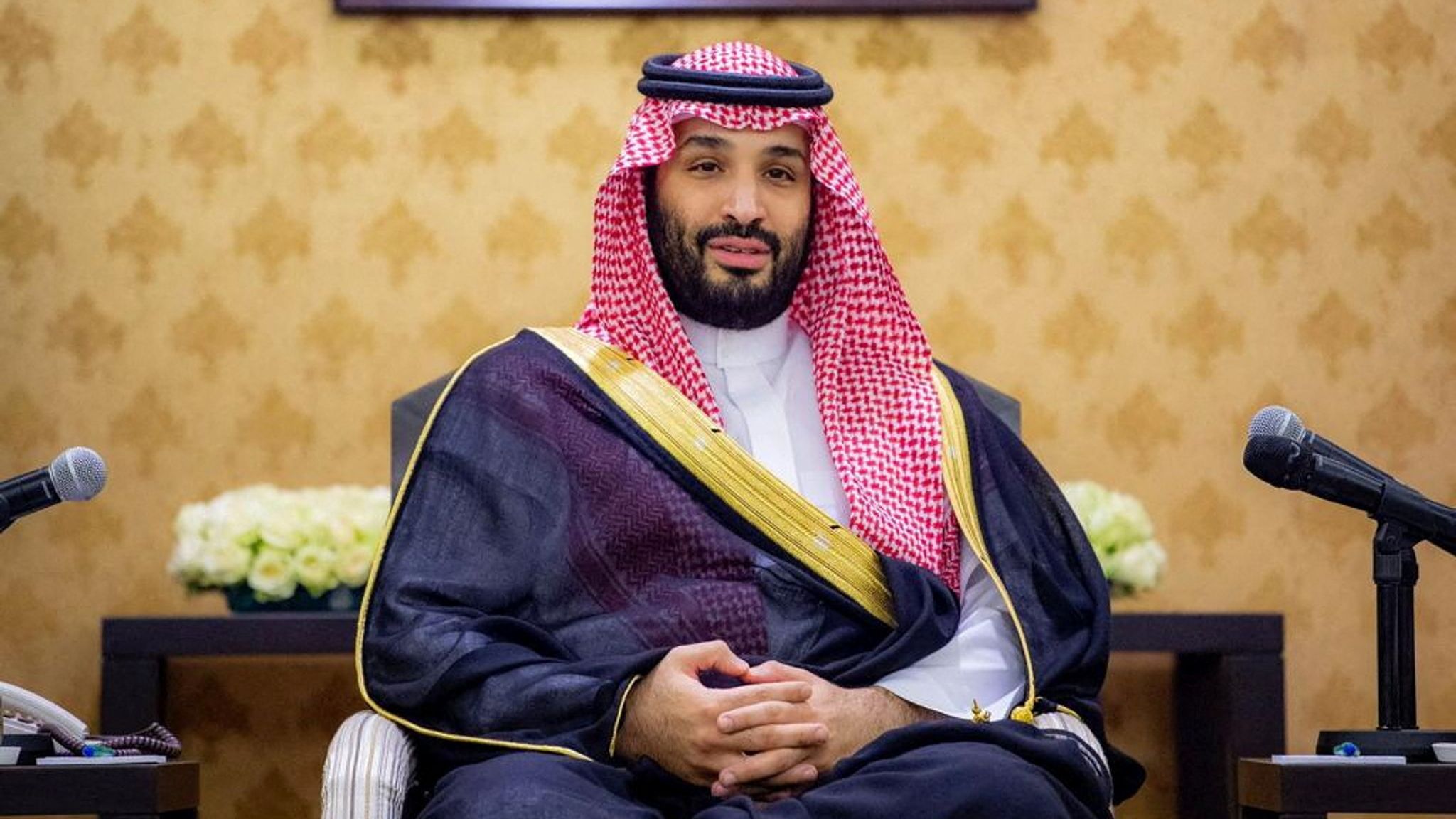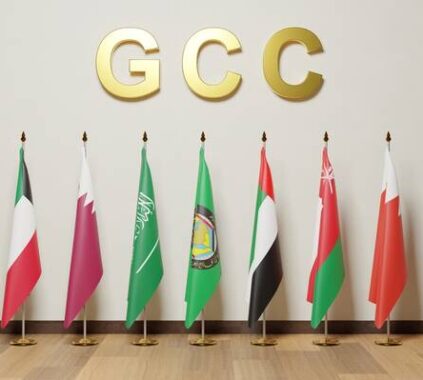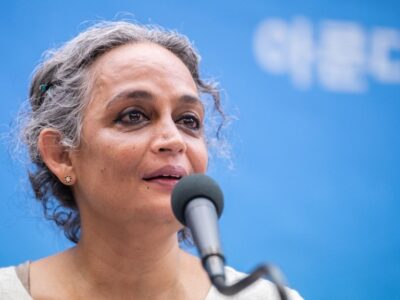The United States is reportedly close to finalizing a security agreement with Saudi Arabia, according to a recent Wall Street Journal article citing government sources. This deal, as explained by Francesco Sassi, a research fellow at Ricerche Industriali Energetiche, is expected to strengthen the strategic alignment between Washington and Riyadh, and potentially counteract the kingdom’s growing ties with China.
The proposed treaty is part of a larger negotiation package that includes a civil nuclear deal and initiatives aimed at resolving Middle Eastern conflicts, including the Israeli-Palestinian conflict and issues in Gaza. Such a security agreement could deter Saudi Arabia from abandoning the US dollar in oil transactions, a move that has been rumored in light of the kingdom’s increasing cooperation with China.
Additionally, the US is seeking to enhance its relationship with the UAE, the second-largest economy in the Arab world, by focusing on advancements in artificial intelligence. This includes a notable $1.5 billion investment from Microsoft in the Abu Dhabi-based AI firm G42, underscoring the UAE’s role as a technological hub in the region.
Speculations about the petrodollar system have been rampant, with recent reports suggesting that an agreement requiring Saudi Arabia to sell oil exclusively in dollars had lapsed. However, financial experts and analysts have largely dismissed these claims as exaggerated.
Paul Donovan of UBS Global Wealth Management criticized the speculative nature of these reports, noting that while oil can be traded in various currencies, the Saudi riyal’s peg to the dollar and the country’s significant investments in US financial assets solidify the dollar’s status as a reserve currency.
Historically, the US has exerted pressure on Saudi Arabia since the 1970s to conduct oil transactions in dollars, a practice that supports the dollar’s global standing. Despite recent considerations by Saudi Arabia to conduct trade in the Chinese yuan, especially given China’s status as a major trading partner and the largest purchaser of Saudi oil, experts like Shigeto Kondo from the JIME Centre believe that Riyadh is unlikely to make a significant shift away from the dollar due to the currency’s stability and dominance in global reserves.
Moreover, Saudi Arabia’s engagement in initiatives like the mBridge project with China, Hong Kong, Thailand, and the UAE indicates a growing interest in diversifying economic partnerships and exploring new financial technologies, though the dollar remains the preferred currency for oil revenue due to its stability and widespread use in international reserves.
Also Read:
Holistic Health Practices and Online Digital Courses On Aromatherapy: Sunita
Heatwave Claims Lives of Pilgrims During Hajj in
When Hajj Pilgrims get to Arafat, they Attend



































